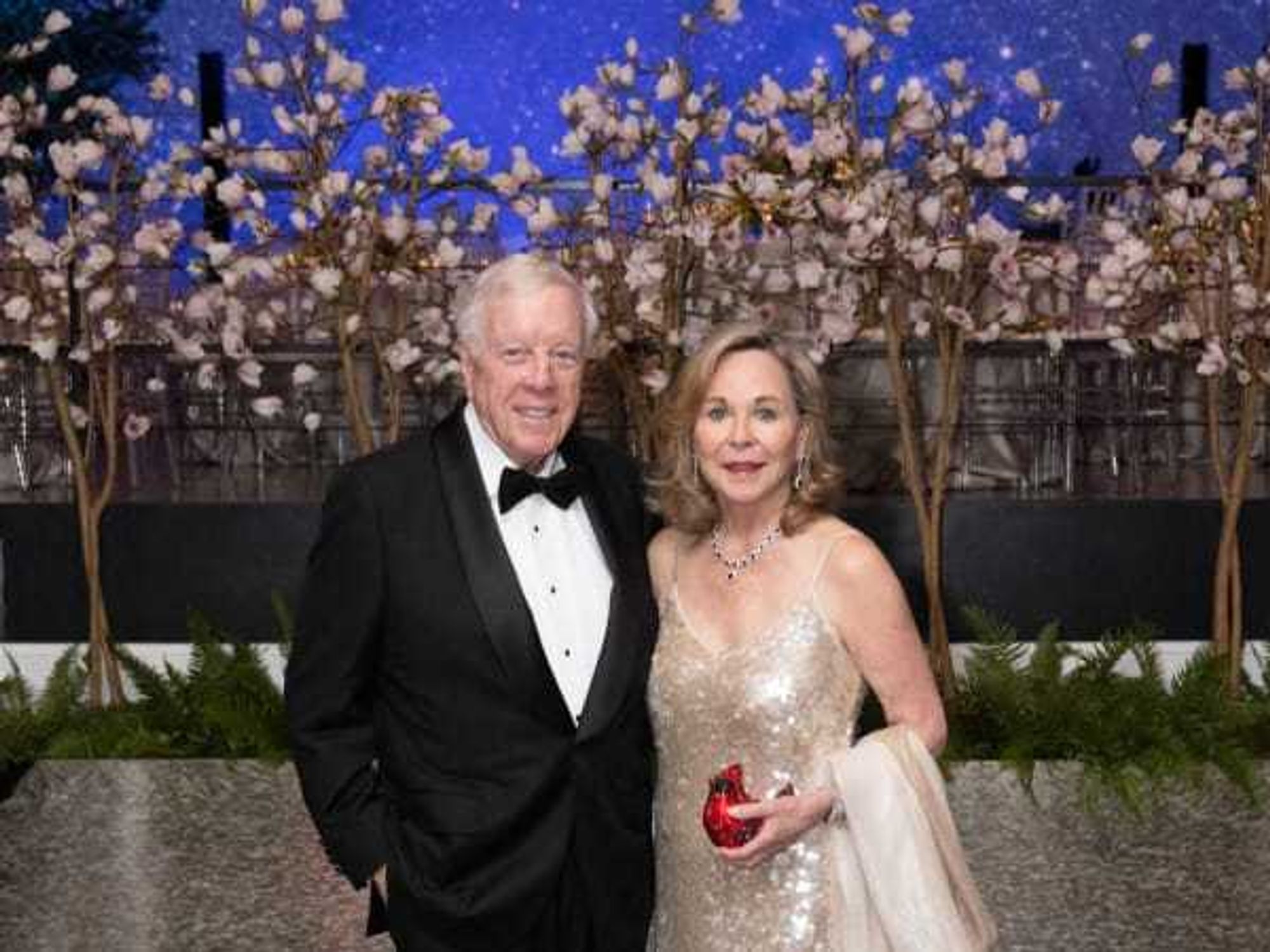Teachable Moments
How "Mr. Stupid" helped me — and my students — fight breast cancer
Editor's Note: When junior high school teacher Gail Rauhut was diagnosed with breast cancer in 2003, she used it as a teachable moment. Today, she is retired and remains cancer-free.
How I love teaching Junior English! I think 11th graders are so worldly ... their braces are off, they have a drivers’ license, and their hearts have been broken at least once! They are ready for American Literature …The Scarlet Letter, The Crucible, The Glass Menagerie, Death of a Salesman, Huckleberry Finn. Remember those classics?
I was always on the lookout for those “teachable moments,” something beyond the literal curriculum, ways to make lessons connect to teenagers and life. Many “moments” were planned; others just happened.
With retirement in sight, my last year teaching would be a banner one. Drawing on years in the classroom, I gave each lesson my best. Little did I know that my diagnosis of breast cancer would provide my best teaching moments, the ones I’ll always remember.
As I shared my diagnosis of breast cancer with my first two classes of the day, their reaction to the word “cancer” told me quickly that I had to switch gears. Their tears and comments revealed that the only people they knew who had had cancer died. They thought I would die before the end of the semester!
I instantly regrouped, as teachers do, and in that “ah-ha” moment, I turned my breast cancer into a “teaching moment.” In a flash, I named my cancer “Mr. Stupid”; after all, who would want to have a smart one I told my classes. I explained how I planned to beat him with my early detection, surgery, radiation and so on. My assurances that I would not die that semester or anytime soon calmed the tears.
From then on, we simply talked about “Mr. Stupid.” Sure, they were worldly juniors, but to talk about the teacher’s breast and cancer was just too much!
Along the way, I shared information, always with taste and humor, always teaching about breast cancer. They learned there are different kinds of breast cancer requiring different treatments. They loved my story of looking in the mirror after surgery to see my blue Smurf face, the tell-tale remnants of the nuclear dye to locate the sentinel node.
One student asked what the surgeon did with “Mr. Stupid.” Notes were left on my desk regarding “Mr. Stupid.” We learned about getting “marked” for radiation (they thought this was pretty cool) and the improvements in radiation therapy. Questions were asked about “Mr. Stupid” in the middle of my explanation of when to use a comma versus a semi-colon.
Talking about “Mr. Stupid” was definitely more interesting than grammar!
I like to think that these special students, my last ones, gained knowledge that will empower them to take better care of themselves and their loved ones. I know that I gained so much from them. Sharing my diagnosis and teaching about “Mr. Stupid” enabled me to turn a negative in my life into a positive by doing what I know best — teaching.
This column originally appeared on the Pink Well website.
